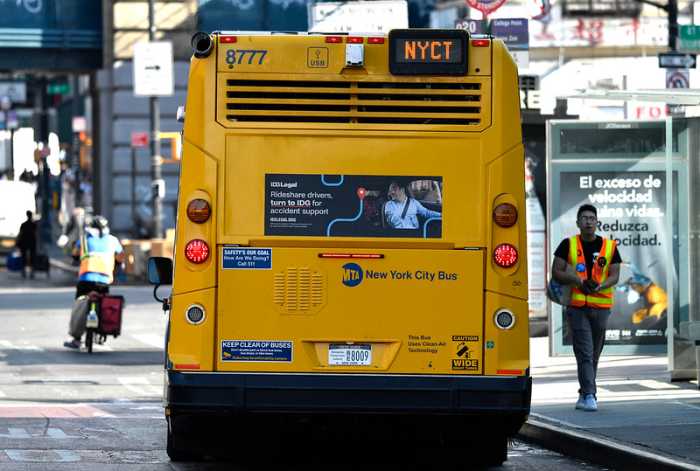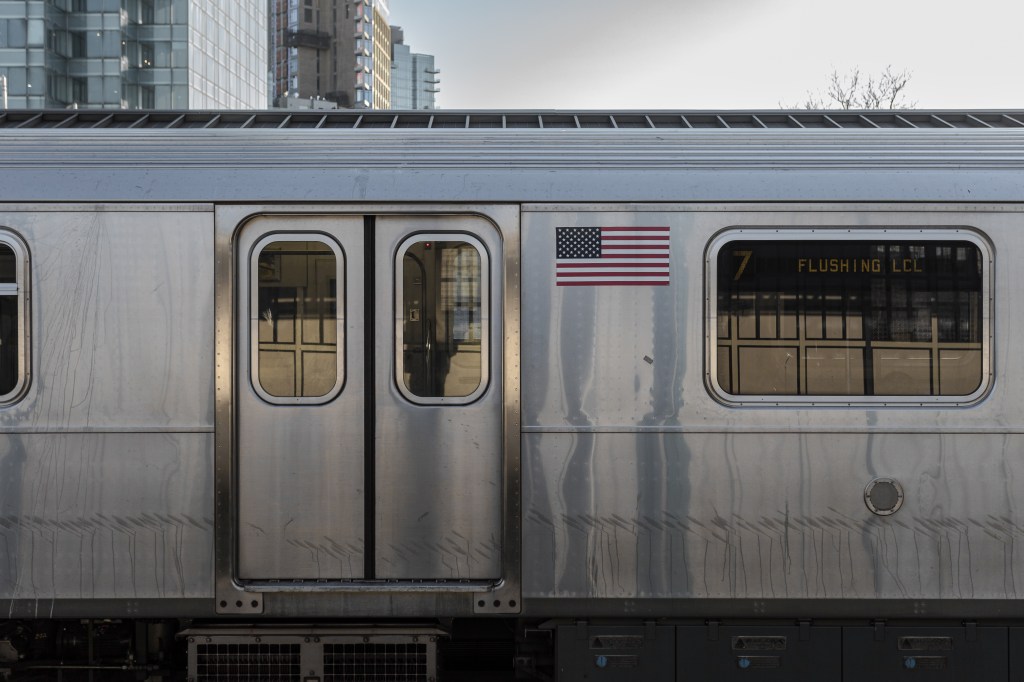By Bill Parry
Gov. Andrew Cuomo made two proposals this week that will have significant impact on the borough: the unveiling of plans to build an AirTrain to LaGuardia Airport and a plan to increase the minimum wage in New York City.
Cuomo Tuesday presented his six-point plan to strengthen and modernize the state’s infrastructure, including better access to LaGuardia for the 27 million passengers who use it annually.
“You can’t get to LaGuardia by train and that’s really inexcusable,” Cuomo said in a speech to the Association for a Better New York. “That is going to change over the next several years.”
The AirTrain will be constructed by the Port Authority and the MTA at an estimated cost of $450 million. The long overdue project would connect with the No. 7 subway line with a new terminal just south of the Willets Pt.-Mets subway station between Citi Field and Flushing Meadows Corona Park. There is a Long Island Rail Road station as well, part of the Port Washington line.
The elevated tracks are to run a mile and a half along the Grand Central Parkway avoiding residential neighborhoods.
“Getting to LaGuardia by train has been a dream for decades, but past proposals have been unworkable,” state Sen. Michael Gianaris (D-Astoria) said. “This concept is the most optimal because it would avoid ramming another elevated train through the backyards of western Queens residents.”
Wiley Norville, a spokesman for Mayor Bill de Blasio said, “Increasing public transit capacity is a priority for the city, which is why we’ve collaborated with the MTA on projects like significantly increasing the speed and ease of bus service to LaGuardia Airport. We welcome the governor and the state considering new transit investments in the city, and look forward to working with them.”
Cuomo did not say how the land would be obtained and was not ready to produce a timeline, but an aide suggested the whole project could be finished in five years.
“We need a couple of months to work up the design and then have some real estimates as to how long it will take,” Cuomo said, adding that he would also like the state to investigate the use of high-speed ferries to LaGuardia and Kennedy airports.
In a joint statement, Port Authority Executive Director Patrick Foye and MTA Chairman Thomas Prendergast said their agencies were working closely to establish the scope, schedule and management of the LaGuardia AirTrain. “Gov. Cuomo has offered a clear vision and strong call for the transportation infrastructure that is absolutely essential for the New York region to compete in the global economy,” they said.
Borough President Melinda Katz was named by Cuomo to a seven-member advisory panel composed of business, real estate and planning experts to help choose the final design.
“It’s a good thing for Queens and it’s been a long time coming,” Katz said.
U.S. Rep. Grace Meng (D-Flushing) agreed saying, “Building an elevated AirTrain to LaGuardia Airport would be a huge boon for Queens (that can) make public transportation more attractive to those traveling to and from LaGuardia, and it would expand the potential of the No. 7 train and the Long Island Rail Road. It also stands to reduce congestion, promote tourism and stimulate the borough’s economy.”
That was also the aim of the governor’s other proposal, raising the minimum wage to $11.50 per hour in New York City. Cuomo said the rate would be $1 per hour more than his proposed statewide minimum wage of $10.50 because of the high cost of living in the five boroughs.
If the increase from the current statewide rate of $8.75 were implemented, it would mark the first time that the city would have a different minimum wage than the rest of the state.
“The New York City market is arguably the most expensive market in the United States of America,” Cuomo said. “It is much more expensive than other parts of the state, so it makes sense to me to have a two-tiered minimum wage.”
The governor’s proposal will likely face strong opposition in the Republican-controlled state Senate.




































